|
Your first trip to Europe is an exciting milestone - and it can definitely be a bit intimidating! Check out these tips to help you feel more informed and prepared for your first trip "across the pond!" Disclosure: some of the links below are affiliate links. If you purchase a linked item, I will make a commission, at no extra charge to you. As an Amazon Associate, I earn from qualifying purchases. First Trip to Europe?For Americans, visiting Europe is hugely exciting, and feels almost like a right of passage. We've grown up learning about Europe, but often never seeing it first hand. Not to mention the fact we don't have access to anything even close to as old as the vast majority of buildings we'll get to explore on our European adventures. I took my first trip to Europe when I was 26, though I had quite a bit of experience traveling in the U.S. and surrounding areas over on our side of the Atlantic. While at the time I felt that it had taken me "forever" to "finally get to Europe," in hindsight, it allowed me to glean a lot from the experience, and to notice a lot of differences and travel tips to pass along, as I was an adult. If you're interested in a similar post about taking your first long haul flight, check out What You Need to Know Before a Long Haul Flight! A First Timer's Guide to Europe: |
While you'll have a great time in any of those places, for me, I think Edinburgh, Scotland is the perfect destination for a first trip to Europe for Americans. Edinburgh is served by a nice, but small and manageable airport, and the city itself is an absolute gem. Of course there's no language barrier, and the UK has great and easy transit, so you can pop all around the country for day trips.
A First Timer's Guide to Europe:
Transatlantic Flights
| For many (most?) Americans, their first long haul flight is their first trip to Europe. If you're anxious or curious about the flight, reading up on it can certainly help. And don't be concerned! It's just not that brutal. Check out: |
A First Timer's Guide to Europe:
What to expect at European hotels
European hotels rooms are small
That said, don't expect European hotels to be identical to American ones. It is actually these differences that motivated me to write this post. When I'm booking my trips, I often find the most *scathing* reviews of European hotels by Americans who don't understand that some of these differences are just what you're going to find at any hotel in Europe. I'm definitely not saying that you have to love these differences, but they are part and parcel of travel.
Picking a hotel room
Also, be sure to check what type of bed you're getting. Europeans tend to sleep in smaller beds than Americans. Many rooms for two people will actually have a "double" bed (European friends - this is almost unheard of in American hotel rooms), which is sometimes two twin beds pushed together, or sometimes just a small bed that can technically accommodate two people.
If you need a big bed, you're most likely to find them in upgraded rooms or in American hotel chains.
Getting your caffeine fix
| Most European hotels have "coffee or tea facilities" in the rooms. That said, Europeans do not constantly guzzle "drip" coffee in the same way that we Americans do. Depending on the country you're visiting, they'll focus more on tea (UK) or espresso/espresso-based drinks (Spain, Italy, France). |
Navigating bathrooms in European hotels
When it comes to your in-room bathroom, while the bathtub/shower combo is a mainstay of American homes and hotels, not so in Europe, and a lot of Europeans find our "usual" set-up odd. You are likely to find a separate bath and shower. Meaning that most European hotels will have only a shower - it can't also serve a bath.
When the shower can serve as a bath as well, they have recently adopted this super inefficient partial glass barrier to keep the water in, rather than a shower curtain. And, it tends to leak into the bathroom, no matter what you do to prevent it. This is not a failing of your particular hotel, it's just how they do it. I try to just move the shower head so that it's hitting the wall more so than this flimsy glass shower protector.
You may find a bidet in addition to a toilet. We are 100% not going into detail on that.
Charging your devices in European hotels
These days, many hotels are accommodating the range of plugs across the world by installing plugs next to the bed that have USB plugs or (more rarely) they'll have a variety of plug options or adapters for you. So, you can pull the "plug" part off of most phone chargers and just plug that USB into the wall. Not all hotels will have that, however, and even if they do, they're often just for small devices, so you'll definitely want to have at least some converters.
Important note: Not all countries use the same converters. You need to look up which one to use, depending on where you're going (it says in the Amazon description).
A First Timer's Guide to Europe: Dining
Ordering coffee in Europe
Americanos
The other weird part of Americanos is that it seems to bring European baristas great joy to serve Americanos to Americans. Even when there's a language barrier, I have more than once had a barista declare "Americano!!!" in all seriousness when I'm trying to order and then proudly give me the boiling concoction.
My advice? Just go with it. Pour some milk in it to water it down and cool it off.
Finding drip coffee in Europe
If you secure "drip" or "American" coffee, or are landed with the ubiquitous Americano, they may ask "white or black?" Which just means do you want milk...
Different classes of restaurants:
Pubs, cafes, and restaurants
One note: at coffee shops or fast dining establishments, like Pret A Manger, sometimes you do have to pay slightly more if you're eating "in," so they may ask that at the counter whether you're dining "in." It's a bit more than "for here or to go," so you need to be honest...and can't really change your mind.
Pub
Cafes & Restaurants
Dining etiquette
- Diners generally stay far longer over meals and the wait staff expect and are OK with that. If you have a show to get to or a plane to catch, you might want to let your server know at the beginning of your meal.
- Waiters have far more tables, because people stay longer, thus you will get far less attention from the waiters than you're used to. It's not because they don't like you. It's because they don't want to bother you or make you feel rushed.
- The waiters are paid a reasonable wage and are not reliant on tips. How much you tips depends on the country (and you should look up the custom in advance), but generally it is a true tip - not expected, but appreciated. Rounding up, or throwing down a couple "quid" is generally sufficient. Though not common, I have encountered a few unscrupulous touristy places that try to take advantage of the American practice of tipping to gain extra money for themselves. You should never be pressured into giving a tip, and you will not be pressured at nice places.
- There generally are not "free refills" on drinks like soda and lemonade. If you want another alcoholic beverage, you will order it and be charged again.
- Generally, waiters will not ask if you want another drink, even of alcohol - if you want something, you need to let them know.
- The nicer the restaurant, the more likely you are to have - and be expected to have - more courses with your meal. It's not that you have to, but in a restaurant in France, you'll definitely get a funny look if you only order main courses.
- The waitstaff will almost never bring your bill unless you specifically ask for it. They are not blowing you off. They think it's rude to bring it before you've asked for it - like they're kicking you out. When you're ready to leave, just flag them down and ask for the bill.
For more on how to pick restaurants in Europe, including avoiding and navigating "tourist traps," check out the full post.
A First Timer's Guide to Europe:
Social etiquette
Beyond that, my overall tips are to always say hello and goodbye in the native language when you enter and leave shops, never assume anyone speaks English - always ask first before you start chatting at them in English, speak more quietly than you are used to, and be mindful of lines. You can never go wrong by backing off, not cutting people, or apologizing.
In big cities, always follow the walk on the left, stand on the right rule on escalators (even in England - they don't reverse which side they walk on, just because they drive on the other side from us). Don't talk to strangers. For a discussion of common scams, check out my post on Visiting the Eiffel Tower and Paris's Left Bank.
If you're heading to France, please check out my full post, How to Charm the French, for a discussion of French manners.
A First Timer's Guide to Europe: Practicalities
Will my cellphone work in Europe?
I always put my phone on "airplane" mode when I step onto the plane, and leave it in "airplane" mode the entire time in in Europe. That way it doesn't try to use data. That said, on my Verizon plan, my phone is able to perform many functions when connected to WiFi (I can iMessage and use WhatsApp, and search the internet). As time goes on, WiFi access is increasingly easy to come by, particularly in areas frequented by tourists. Always download or take pictures of maps, directions, and contact information in case your phone cannot connect to the internet when you were expecting it to. Sometimes the phones just have a hard time connecting to WiFi or the WiFi is bad.
So, with most US cellphone plans, you aren't charged when using your phone's Internet connection capacity, when connected to Internet, to message and keep up with social media. Most hotels have internet, and most pubs, cafes, and coffee shops have accessible internet. Heck, I've been on *buses* that have internet. It's increasingly easy to stay connected while you're abroad. If there are people you need to stay in touch with back home, try connecting with What's App - which is an app that's compatible with WiFi usage.
That said, check with your cellphone carrier before your trip to understand what your plan allows for. I repeat - confirm what you can and can't do before you go!! If you are going to need to be more connected than what I've just described, or if you aren't able to adapt to random WiFi outages or places that should have WiFi but don't, you can usually get cell coverage enabled abroad from your carrier on your existing phone. You'll have to pay extra for this access, but talk to them to see how much that will cost.
Can I use my credit card in Europe?
I have a "travel card" from a major US bank that does not have international transaction fees. Generally, I can use my credit card in the vast majority of places we visited. Occasionally, there are places that do not take credit cards, but this is increasingly rare. During my first trip in 2015, our credit card didn't have a "chip" (I know, right?) and that caused some problems, but now, with a chip, and without international transaction fees, I generally use my credit card for the vast majority of purchases in Europe.
Always have some cash. This is just a best practice. AND, get that cash before you leave home. Many banks will convert money for little or no charge on the front end, but once you're in Europe, you'll be largely at the mercy of companies that charge a fee to change US money into Euros, pounds, etc. Even if it says "no fee," they are generally still making a profit, often by giving you an unfavorable exchange rate. If it seems too good to be true...
A First Timer's Guide to Europe:
Visiting tourist attractions
Interestingly, even if you buy tickets "in advance" or like "skip the line" tickets, you often still have to wait in line. I find this odd on so many levels, but it's actually really important. BUY TICKETS IN ADVANCE IF POSSIBLE. It will save you so much time and stress. Always buy tickets directly from the tourist attraction, if you can. There are a lot of "tours" and "skip the line special entry" tickets that are scams (they aren't always, but a lot of them are). Just safe yourself the hassle and buy directly from the museum/location online, in advance.
Other than that, you won't find too many other significant differences when visiting major tourist attractions in Europe. You can rent audioguides, and entry prices will vary depending on which country you are in and how the site is managed. Government-owned locations are generally cheaper than privately-run ones, but that's not always the case.
For more on planning a trip to Europe, check out the full post.
A First Timer's Guide to Europe:
What to Wear in Europe
Not going to re-hash all of that here, but I will direct you to my existing posts!!
A First Timer's Guide to Europe:
Do people speak English in Europe?
A note on people who do not speak English. Obviously, no one is "obligated" to speak English. I have occasionally heard tourists getting frustrated with staff who did not speak English...a topic for another day. That said, there is also a somewhat common misunderstanding between Europeans and English-speaking tourists.
Occasionally, when asked if they "speak English," people will say "no," even if they do speak a bit of English. Though I certainly can't speak for everyone, I have been told by multiple people that this is generally embarrassment or concern at the fact they are not fluent in English. It can be a significant social class issue in certain countries - people who go to elite schools or have international jobs are more likely to speak English - and some people may feel uncomfortable about the fact they do not speak English well and would rather avoid the situation. Similarly, people will often unnecessarily apologize when their English isn't "perfect," even though half the time it's better than mine!
Thanks for visiting!
Love it? Pin it!
You have done a superb job of preparing travelers for their journey. I have been binge-reading all your posts relative to the UK and there are SO many important things you have brought up that do not appear anywhere else. My Grandmothers would approve.
It really helped when you said that we need to learn the basic phrases in the local language of the country we are going to. I should tell my husband about this when we book Europe tours for next year on our 5th anniversary. We can definitely have a seamless and stress-free trip if we can ask simple questions as well when we go to a certain location.
Leave a Reply.
Archives
July 2024
June 2024
May 2024
April 2024
March 2024
February 2024
January 2024
December 2023
November 2023
August 2023
April 2023
September 2020
May 2020
March 2020
February 2020
Categories
All
Dining
Europe
Flights
Hotels
Packing
Road Trips
Shopping
Train Travel
Travel Blogging
Travel Planning
This website uses marketing and tracking technologies. Opting out of this will opt you out of all cookies, except for those needed to run the website. Note that some products may not work as well without tracking cookies.
Opt Out of Cookies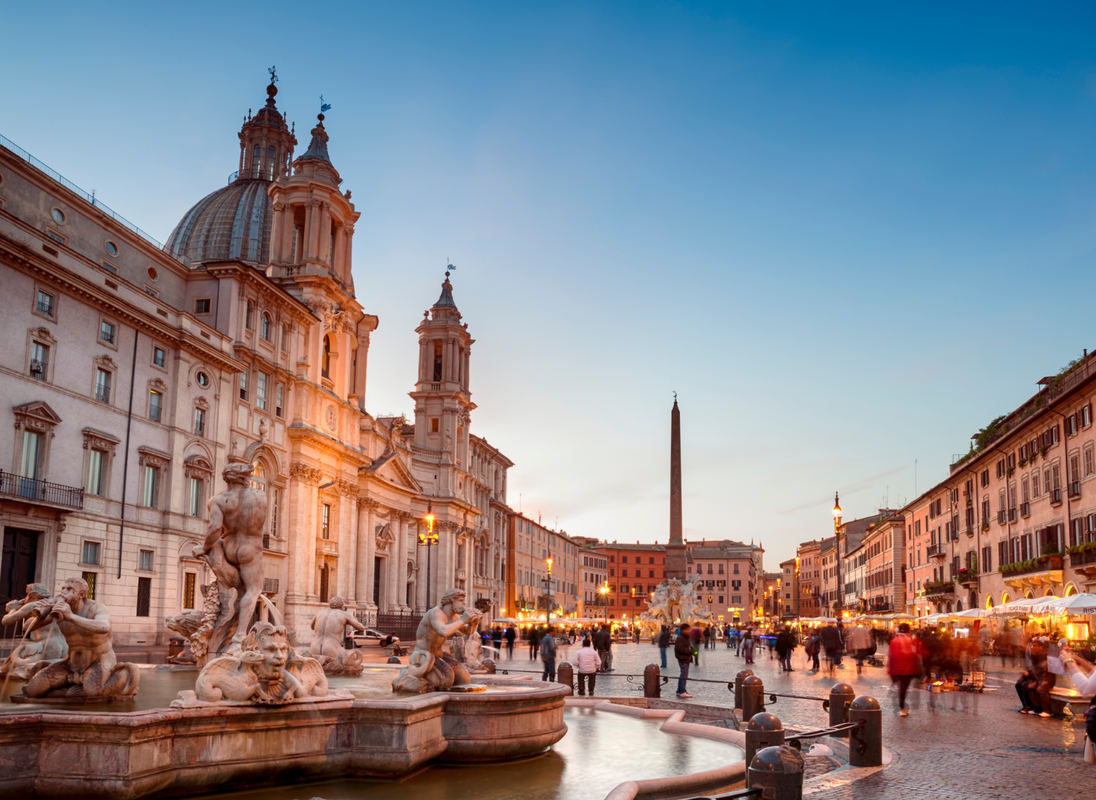



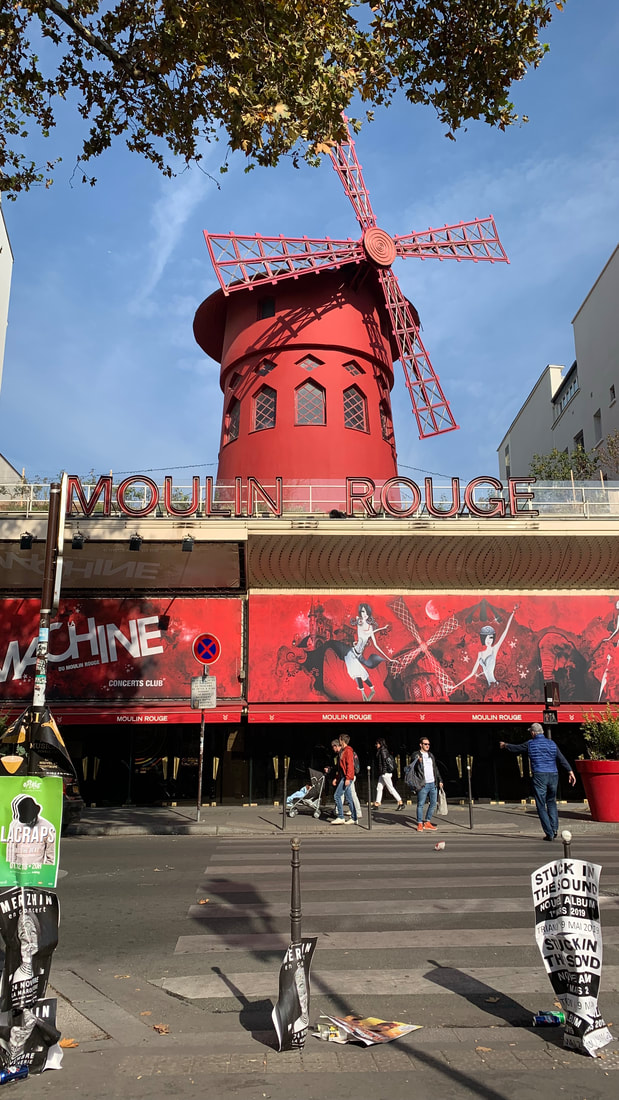

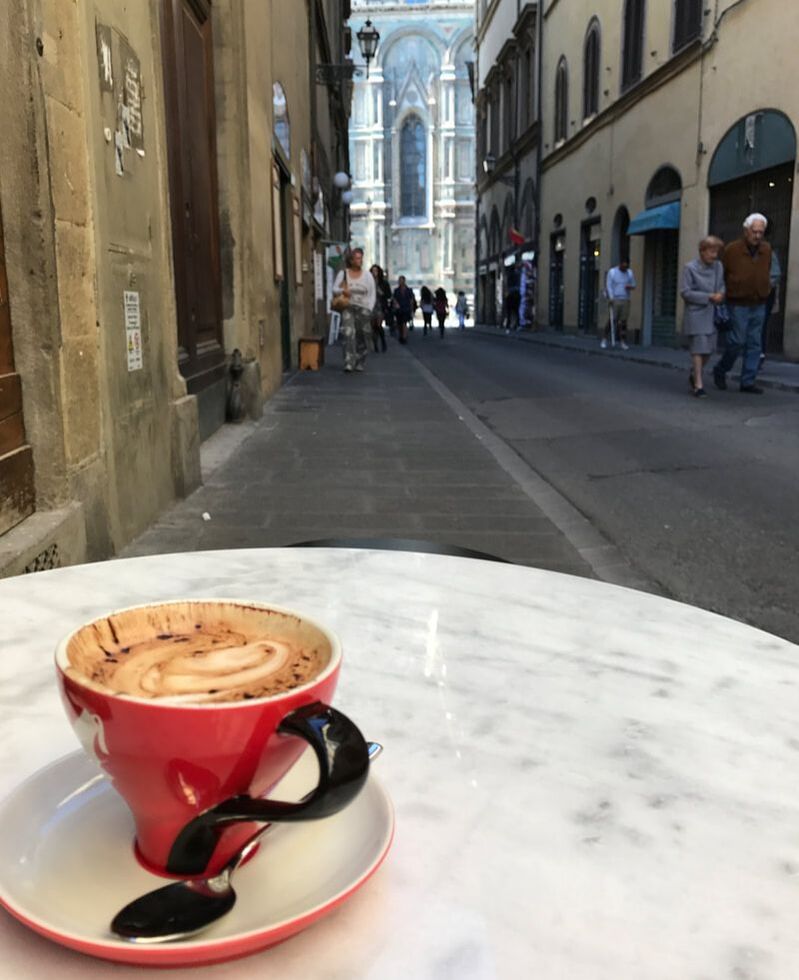

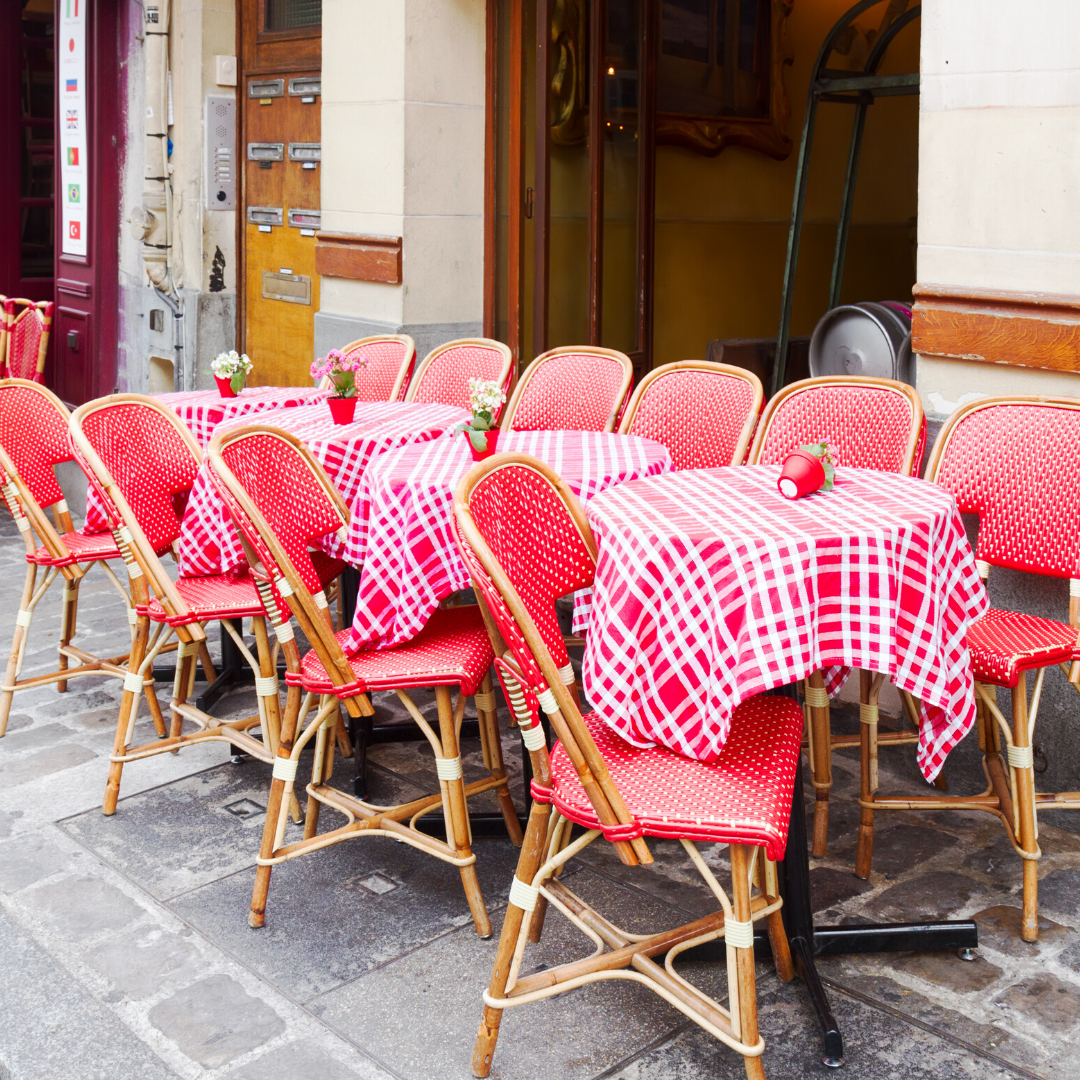
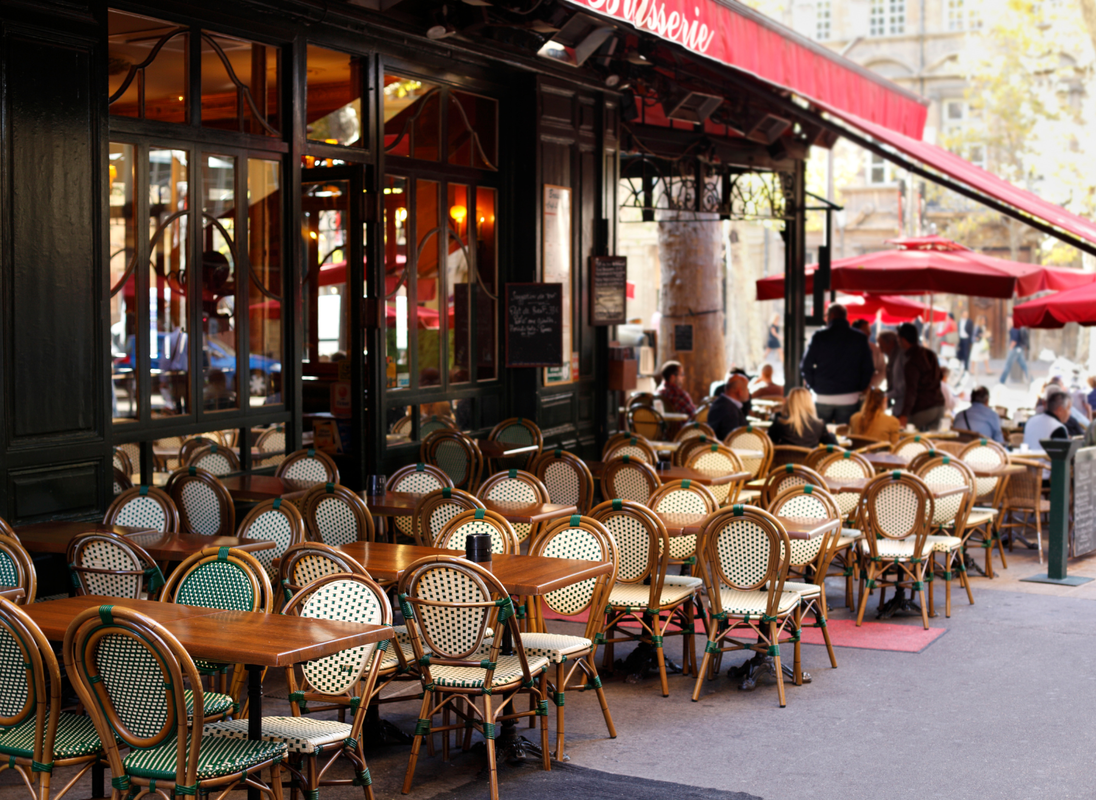

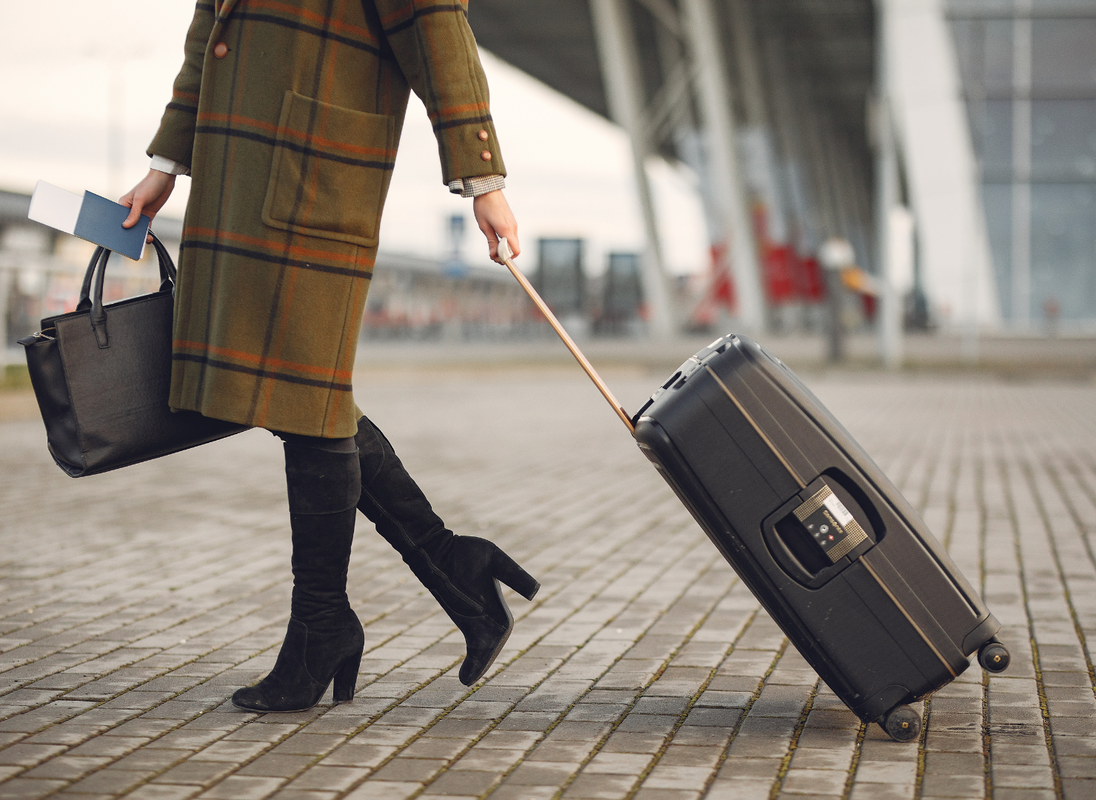
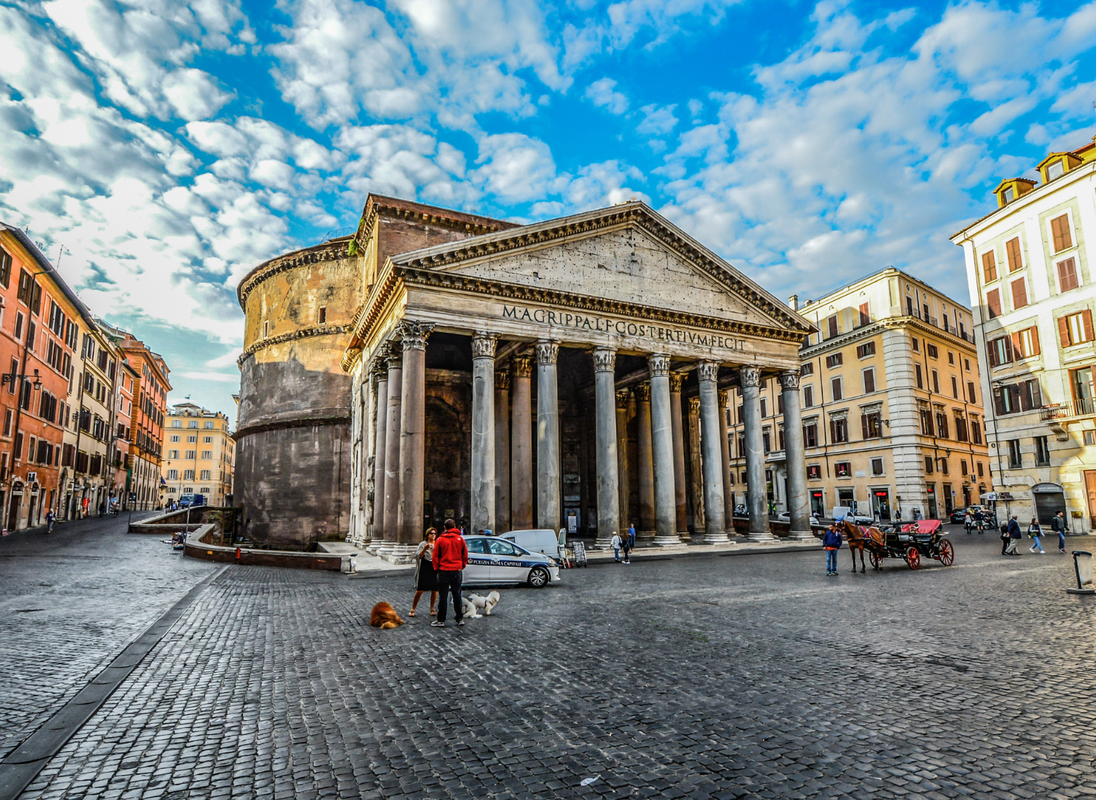


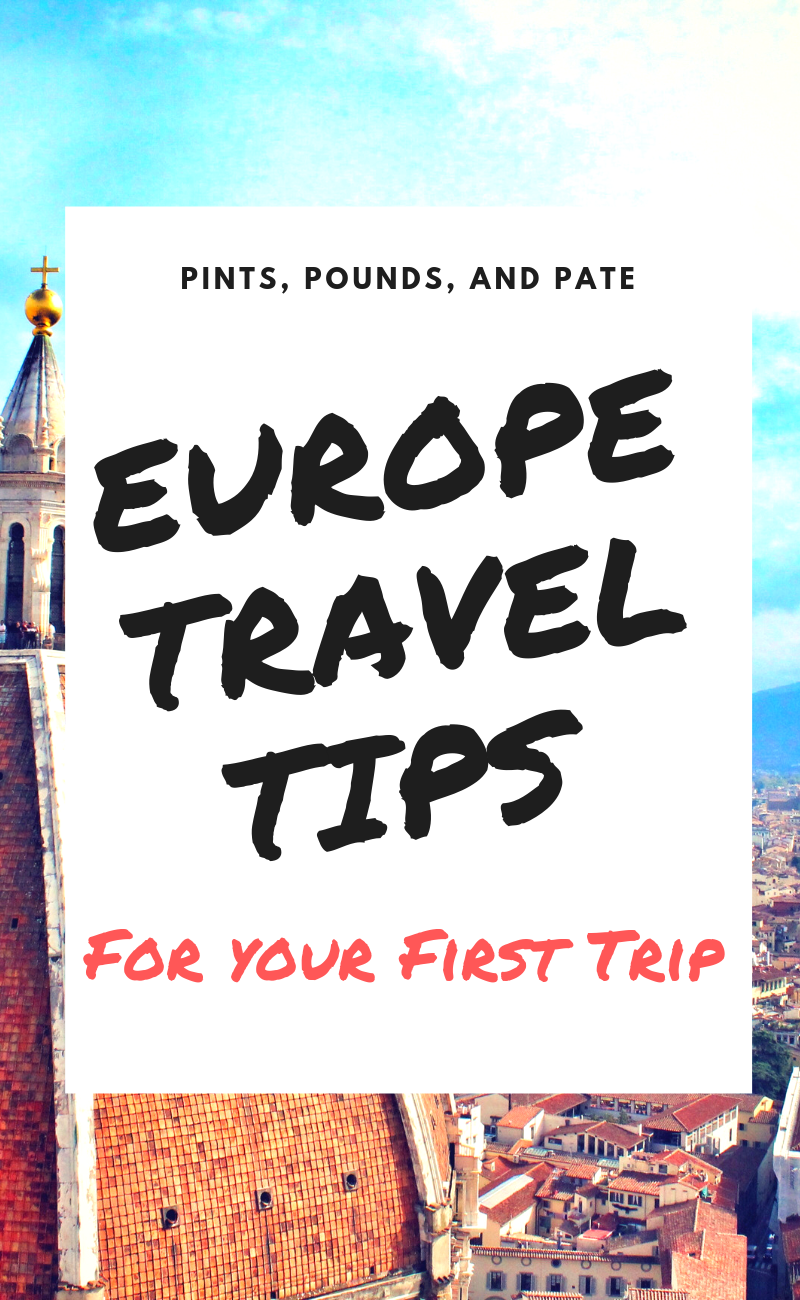
 RSS Feed
RSS Feed